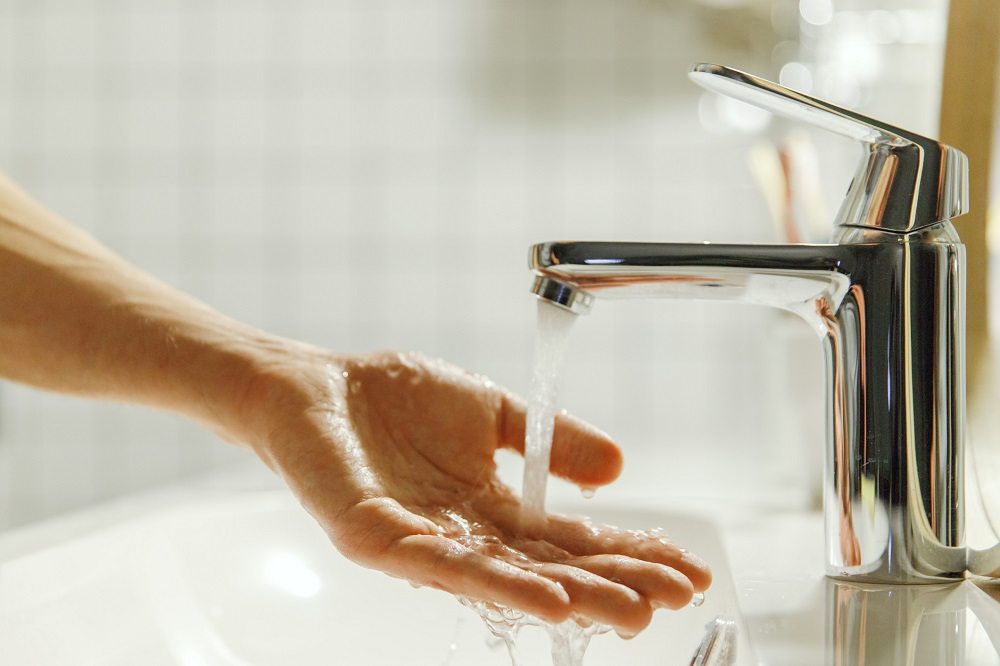What Is a Water Softener?
Wednesday, September 21st, 2022
Have you heard people refer to the softness or hardness of water? These terms refer to the number of minerals, like calcium or magnesium, in the water in your plumbing system. Depending on your location, the level of minerals in the water can vary. If you prefer softer water with fewer minerals, you can ask your plumber about installing a water softener.
This filtration system can reduce the concentration of minerals in your water so that it is softer. But can filtered water bring health and plumbing improvements? The answer depends on your existing water supply and advice from your plumber. Read on to learn more about how a water softening system can impact the plumbing in your home or commercial property.

Should I Soften My Water Supply?
Before you consider installing a water softener, ask your utility provider if your water is already treated with a softener. Filtering already softened water could put your pipes in danger of corrosion and other plumbing issues.
But softening hard water can help prevent naturally occurring minerals from building up within your plumbing system. This scale can lead to blockages within pipes and other fixtures that will need costly repairs to clear.
Reducing these minerals in your water will also help you keep your sinks, tubs, and glassware clean. The minerals can leave spots and deposits on these items, which will mean that you need to clean more to keep your home looking its best. This process will also improve the function of appliances like dishwashers and fridges, extending their lifespan.
Are There Risks with Softening Water?
Though water softeners have many advantages, this filtration system will not benefit every household or commercial establishment. The system can pose some risks to the existing plumbing, an individual’s health, and the environment.
Water softeners work by removing minerals from the water that passes through the filter. But it also exchanges these minerals, replacing them with sodium or potassium molecules. The chloride solution left behind after this process gets drained away from your property like waste in your plumbing.
This means that the chloride will potentially pollute the water in your community. Ask your plumber about the environmental impact of a personal water softener. Additional sodium in your water supply can also have adverse health effects. Individuals with underlying health issues might see harm from consuming excess salt.
As mentioned, the water softening process might lead to corrosion in your pipes. This could mean metal from the pipes may end up in your water, leading to health concerns.
Consult with your plumber to learn if this system will benefit your property. Different factors will play into whether the pros outweigh the drawbacks of a water softener. If you do get one, test your water on a regular basis to make sure it continues to work properly. Use it as directed by the manufacturer and by your local plumbing expert.






